Are the new member states on the verge of the EU accession? – The latest dilemmas of the enlargement policy
In the light of the latest events, the leaders of the European Union are under pressure, mainly for geostrategic reasons, which prompts them to think about the enlargement of the Union – however, this will have many consequences for the EU’s institutions, policies, and budget. In view of all this, twelve experts from France and Germany have taken a stand n how the EU could adapt to its new members – the perspective raises the reform of institutions, treaties and the budget, while Ukraine, Moldova and the Western Balkan countries can prepare for the EU accession. Read more… (Petra Olesnyovics)
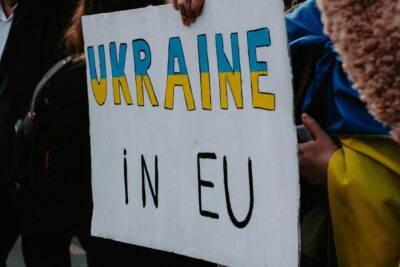

 Air transport is one of the sectors most affected by the disruptions caused by the COVID-19 crisis. As a result of the government’s response to the effects of the crisis, the trend towards increased competition in the sector in recent decades seems to have been reversed, at least temporarily, mainly by strengthening the market position of larger companies owned by or of strategic importance to the state. This paper presents a methodological example for examining the expansion of the state’s role in a particular regulatory area. More specifically, it examines how the impact of the COVID-19 crisis can be measured in the evolution of ECJ case law on the legality of state aid.
Air transport is one of the sectors most affected by the disruptions caused by the COVID-19 crisis. As a result of the government’s response to the effects of the crisis, the trend towards increased competition in the sector in recent decades seems to have been reversed, at least temporarily, mainly by strengthening the market position of larger companies owned by or of strategic importance to the state. This paper presents a methodological example for examining the expansion of the state’s role in a particular regulatory area. More specifically, it examines how the impact of the COVID-19 crisis can be measured in the evolution of ECJ case law on the legality of state aid. 
 Have you ever found yourself in a situation where you had three or four different mobile phone chargers at home and still couldn’t charge your new smartphone with any of them? Only one year from now, you can finally say goodbye to such problems, as another segment of the European Union’s internal market is being harmonized: by 2024, a common charger for mobile devices and other electronic devices will finally be introduced.
Have you ever found yourself in a situation where you had three or four different mobile phone chargers at home and still couldn’t charge your new smartphone with any of them? Only one year from now, you can finally say goodbye to such problems, as another segment of the European Union’s internal market is being harmonized: by 2024, a common charger for mobile devices and other electronic devices will finally be introduced. 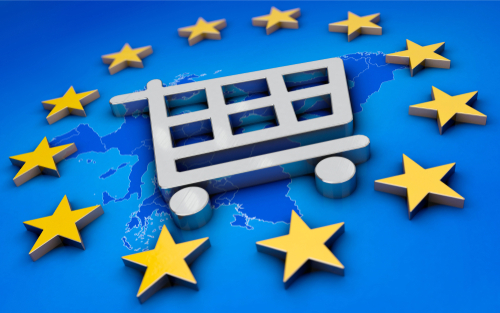
 Nowadays the people can easily fulfil their wishes via various online platforms, websites in just a few seconds. However, in the midst of fulfilling said desires, the average consumer can easily become a victim of a scam;
Nowadays the people can easily fulfil their wishes via various online platforms, websites in just a few seconds. However, in the midst of fulfilling said desires, the average consumer can easily become a victim of a scam; 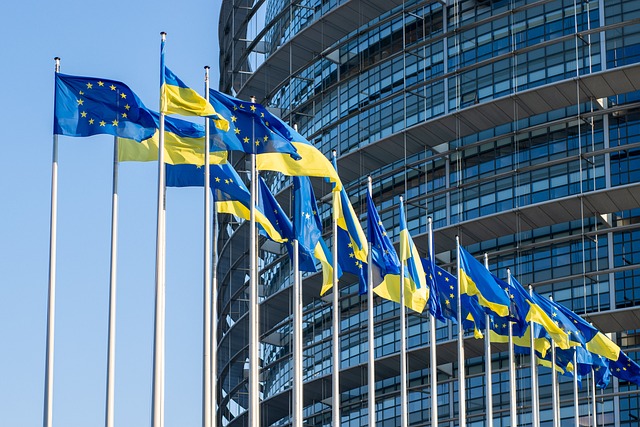
 This blog post tries to demonstrate why the European Union (henceforth abbreviated as the EU or the Union) considers enlargement policy as a key domain these days – whether it considers it as a foreign policy or geopolitical instrument, and how this relates to Ukraine and Moldova’s candidate status.
This blog post tries to demonstrate why the European Union (henceforth abbreviated as the EU or the Union) considers enlargement policy as a key domain these days – whether it considers it as a foreign policy or geopolitical instrument, and how this relates to Ukraine and Moldova’s candidate status. 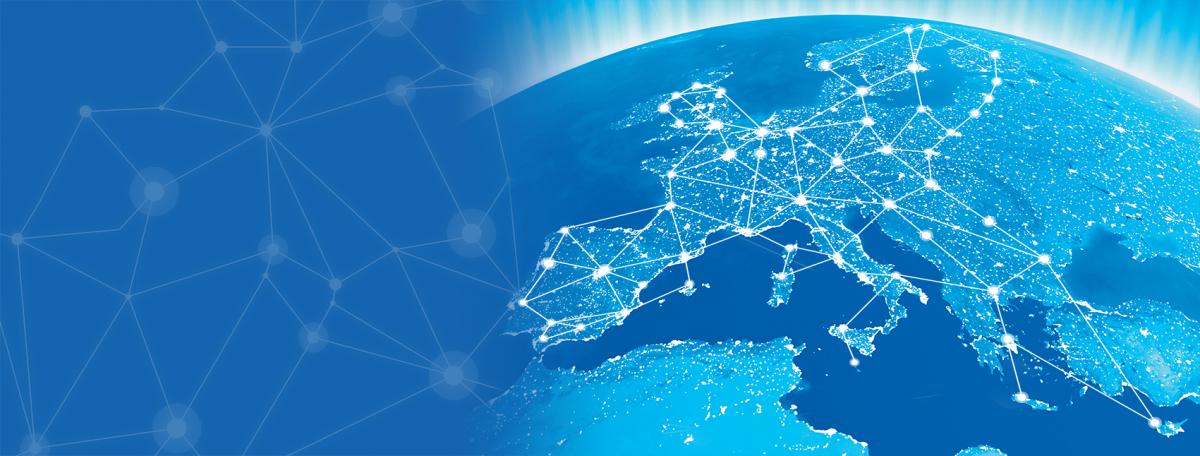
 The European Union has been linked to the energy sector from the beginning. However, it is worth noting that this area is still a shared competence in the integration. The European Union has many challenges in the field of energy policy, such as increasing import dependence, limited diversification, increased energy demand, climate change, the lack of renewable energy sources, and shortcomings in the integration of energy markets. Among these, energy dependence is largely determined by the evolution of energy consumption. Therefore, it is important to examine the relationship between energy production and consumption between 2010 and 2020 in the European Union.
The European Union has been linked to the energy sector from the beginning. However, it is worth noting that this area is still a shared competence in the integration. The European Union has many challenges in the field of energy policy, such as increasing import dependence, limited diversification, increased energy demand, climate change, the lack of renewable energy sources, and shortcomings in the integration of energy markets. Among these, energy dependence is largely determined by the evolution of energy consumption. Therefore, it is important to examine the relationship between energy production and consumption between 2010 and 2020 in the European Union. 
 On 5 May 2022, the European Parliament called for the Council and the Commission to take more action to address the deterioration of EU values in Hungary and Poland in a resolution adopted with 426 votes to 133 and 37 abstentions. Despite the deteriorating situation in both countries in recent years, member states have thus far avoided voting to determine whether there is “a clear risk of a serious breach” of the EU’s common values.
On 5 May 2022, the European Parliament called for the Council and the Commission to take more action to address the deterioration of EU values in Hungary and Poland in a resolution adopted with 426 votes to 133 and 37 abstentions. Despite the deteriorating situation in both countries in recent years, member states have thus far avoided voting to determine whether there is “a clear risk of a serious breach” of the EU’s common values. 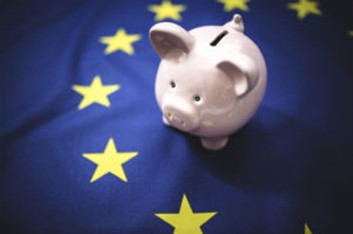
 On May 19, 2022, the European Commission decided to initiate an infringement procedure against Hungary, alleging that the given Member State failed to “correctly transpose” Directive (EU) 2017/1371, providing the European Union (‘EU’) rules on the fight against fraud to the Union’s financial interests by means of criminal law, also known as the PIF Directive. Besides Hungary, Estonia, Malta, and the Netherlands also landed in hot water over this issue, upon receiving letters of formal notice assigned with identical reasons, marking the commencement of infringement procedures.
On May 19, 2022, the European Commission decided to initiate an infringement procedure against Hungary, alleging that the given Member State failed to “correctly transpose” Directive (EU) 2017/1371, providing the European Union (‘EU’) rules on the fight against fraud to the Union’s financial interests by means of criminal law, also known as the PIF Directive. Besides Hungary, Estonia, Malta, and the Netherlands also landed in hot water over this issue, upon receiving letters of formal notice assigned with identical reasons, marking the commencement of infringement procedures. 
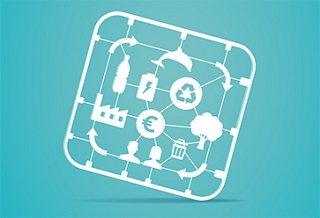 From 1 January 2021, a new EU own resource, a contribution based on non-recycled plastic packaging waste was introduced in the European Union’s budget for 2021-2027 as a new source of revenue. The European Union would like to encourage the Member States to reduce packaging waste and, through the implementation of the European Plastics Strategy, to help Europe move towards a circular economy that minimizes the waste and the leakage of resources, emissions, and energy. The question may be how this change will affect the operation of the Union and how it will work in practice.
From 1 January 2021, a new EU own resource, a contribution based on non-recycled plastic packaging waste was introduced in the European Union’s budget for 2021-2027 as a new source of revenue. The European Union would like to encourage the Member States to reduce packaging waste and, through the implementation of the European Plastics Strategy, to help Europe move towards a circular economy that minimizes the waste and the leakage of resources, emissions, and energy. The question may be how this change will affect the operation of the Union and how it will work in practice.